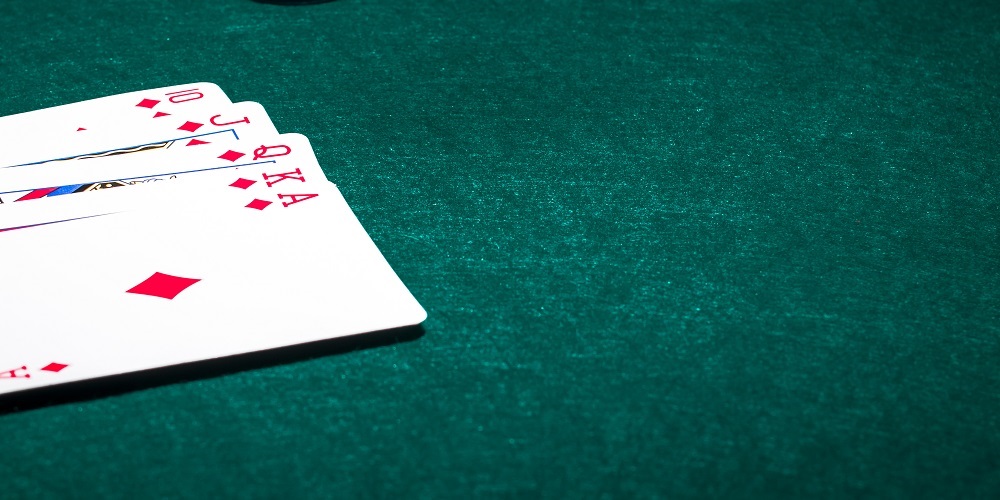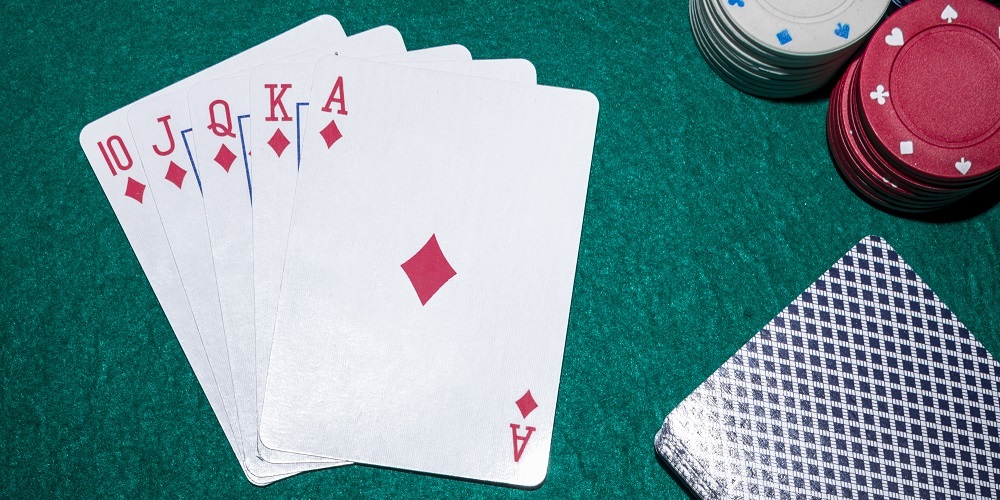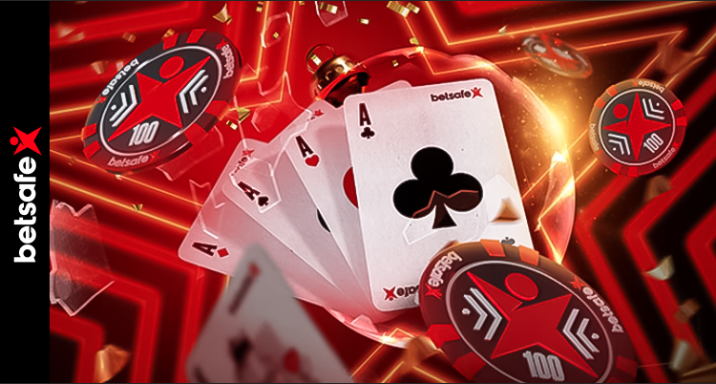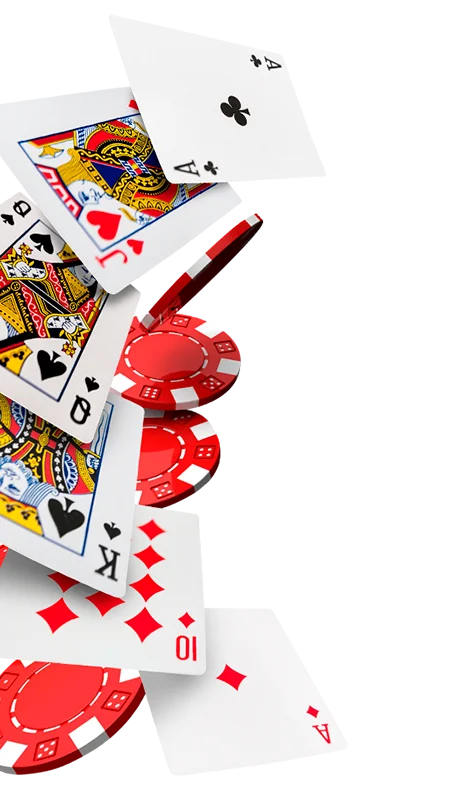
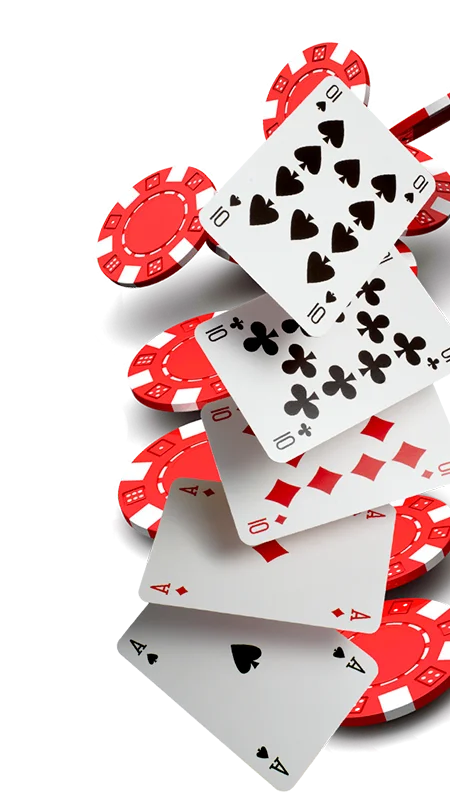
Detecting a bluff in poker: indicators to analyze and favorable situations
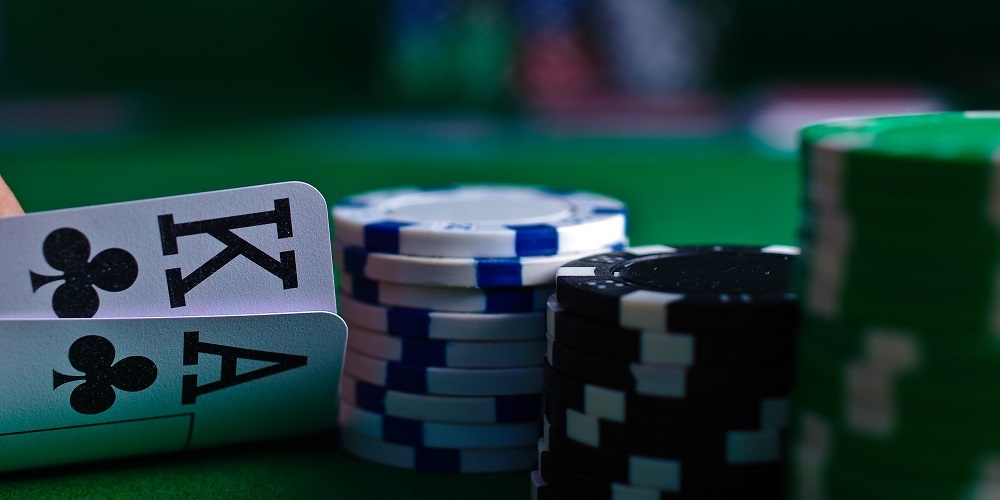
Poker bluffs are one of the most popular types
of bluffs among poker enthusiasts. However, despite its popularity,
both bluffing and bluff detection require a lot of experience.
If you want to learn not just how to bluff in
poker, but how to spot when a player might be bluffing, read on as we
take a brief look at the telltale signs of a poker bluff.
How to spot a poker bluff: tips for beginners
To begin to suspect that an opponent is
bluffing you need to notice some indicators. And these indicators come
from reading your opponent and their style of play. It is not only the way they
play, but also their body language that indicates that they may be bluffing and
that they are going for nothing during the rounds.
To get a good read on your opponent you have to
get a feel for him, so you will have to base your clues on the readings
you make in this round, but also on the readings you have made in previous
rounds.
Bear in mind that if he has bluffed before, it
is very likely that he will try again. However, you need to put his play in
context, because it is possible that he bluffed because his cards were not good
enough. Having that information in your possession can give you an advantage
for future rounds.
Taking outs into account is crucial in
calculating the likelihood that an opponent is bluffing. But don't get obsessed
and let the cards and your opponent's own play tell you how likely it is that
they are bluffing - sometimes you just need to let the game develop a
little to be surer of the answer.
Betting can also be very representative. Study
the profile of the opponent you suspect may be bluffing: does he tend to take
the initiative, or is he more of a pass-and-wait type, does he raise
aggressively, or does he tend to just pass and wait? All of these can be key to
spotting a poker bluff early.
Signs that can give away the existence of a bluff
First of all, one thing is clear: bluffing
in poker depends on a player's interpretation of his opponents' play.
Sometimes the conclusions can be wrong, even if the signals have been spotted
correctly, but it is not a good idea to revel in mistakes. Turn the page and
move on: both bluffing and detecting a bluff require art and practice.
Improving your body language reading skills is
one of the best ways to spot a bluff early. In poker, what you convey to the
other players is everything, and knowing how to control and measure to the
millimeter the gestures you make during a poker game can be the difference
between an effective bluff and a failed one.
One aspect to watch out for is false
confidence. Usually, when a player has unflattering cards, he tries to
give the opposite impression. But if there are small traces of overacting, then
it is easier to identify a bluff. You have to be very attentive to pick up on
the signals and interpret them properly.
Other things to keep in
mind about bluffing
Knowing how to spot a bluff during a poker game
will help you not only if your opponents are bluffing: you can also use these
guidelines to reverse your perspective and bluff while knowing what your
opponents are watching to try to catch you out.
As we discussed in this article on ways to bluff
your opponents by bluffing, it is important to avoid showing any kind of
emotion on your face or trunk. It's easy to say, but very difficult to master.
Any ill-timed gesture can give away the presence of a bluff, you know.
It's also crucial that you don't bluff if you
can't handle losing. Gambling your stay in the game with a bluff is not
at all advisable, we guarantee it.
It is very important to keep in mind that you
should never bluff for free. With a bluff you are risking your money, so
don't do it just because you haven't done it so far and you think it might be a
good time to try it. Forget it.
It is also very important that you bluff your
opponents, because if you think your opponent is not going to give up, it will
be useless for you to bluff. You should bluff when you are certain that, in all
likelihood, your opponent is going to give in. If they don't, you could
be the one at risk of losing.
In that same article we told you that,
precisely because of the high risk involved in bluffing, professional players
are the least likely to bluff. A bluff does not happen spontaneously, it
is not a random move and it is not something that can be done well without the
necessary knowledge, so experience and training play a crucial role in both
making and detecting bluffs.
You may also like
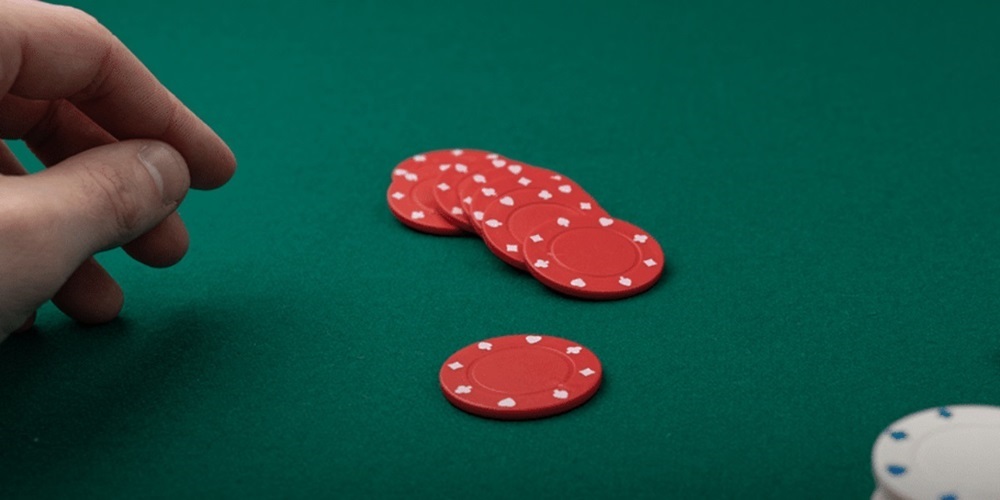
Poker card games to enjoy in the summertime
Summer poker card games are a classic. They are a great way to spend the evenings and are an alternative way to enjoy the summer leisure time. There are many types of card games that with the poker...
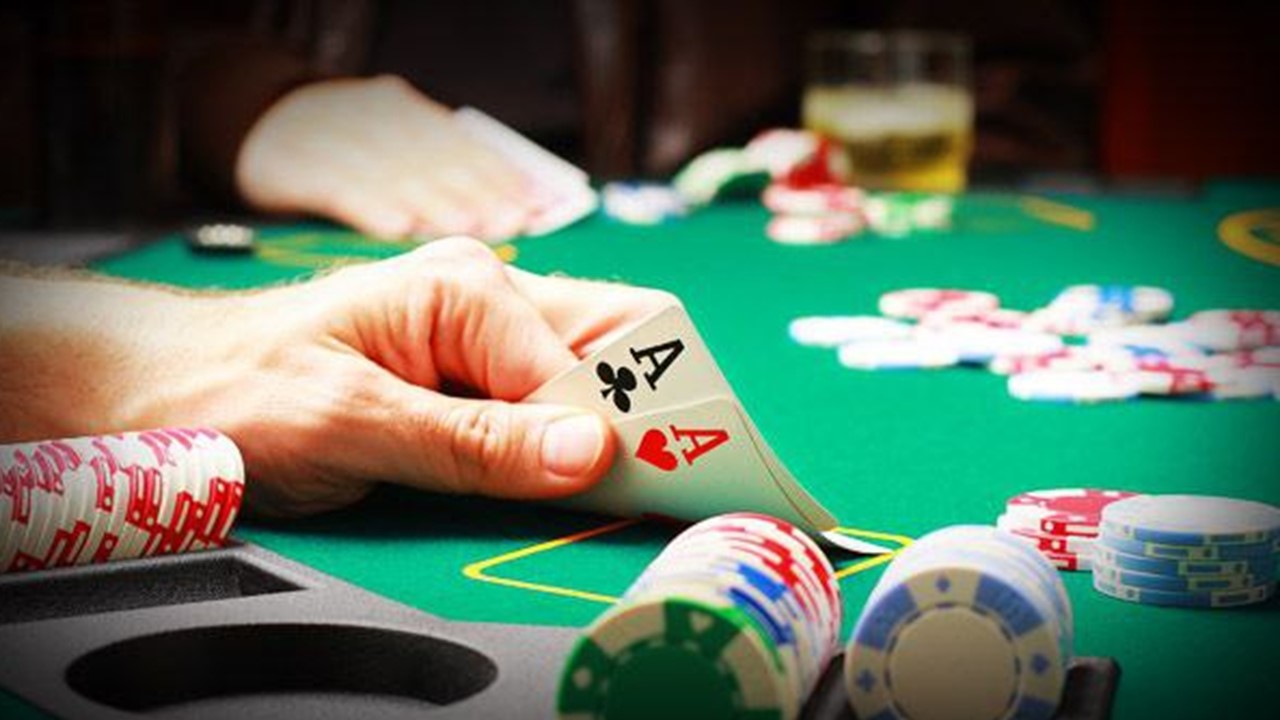
How much do you earn playing poker?
One of the most common questions among poker players is how much you win playing poker. And the answer could be a lot of money if you know how to play and nothing if you don't know how to play. But...
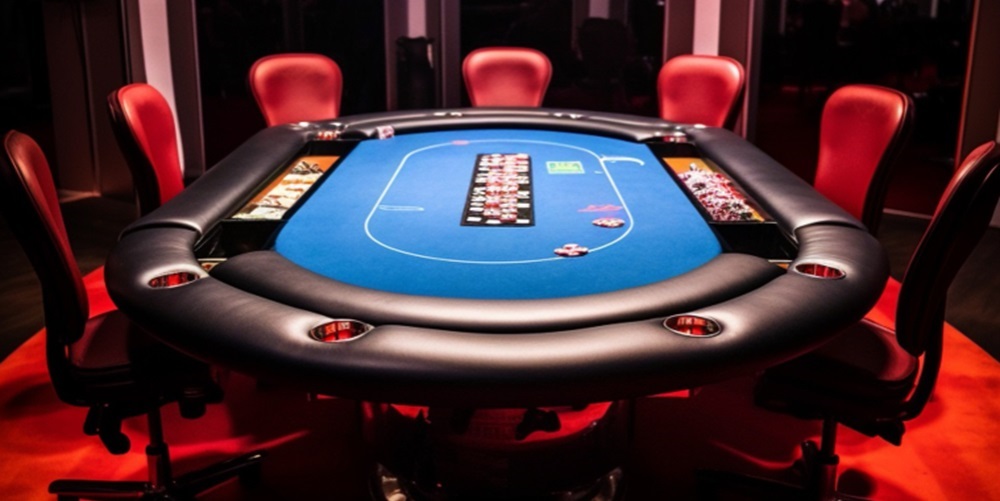
PokerStove: all about one of the best online poker softwares
PokerStove: all about one of the best online poker softwaresThe use of software in online poker is a constant. Although there are limitations and regulations that even prohibit the use of these sup...




